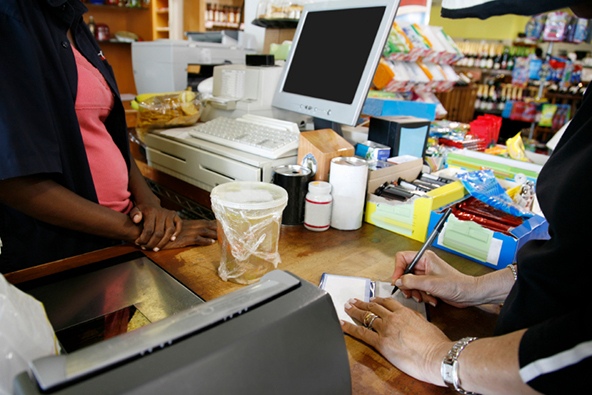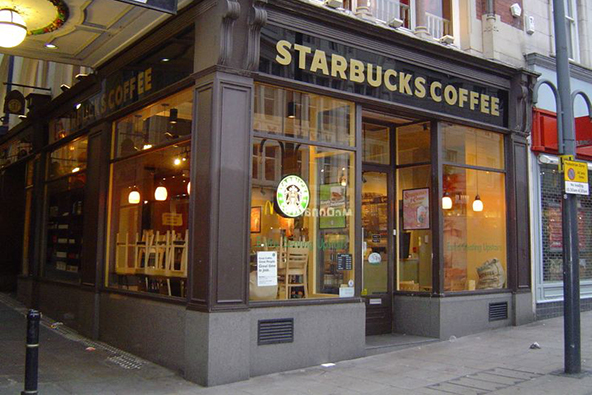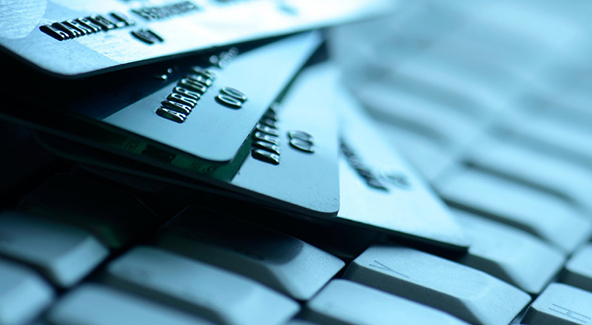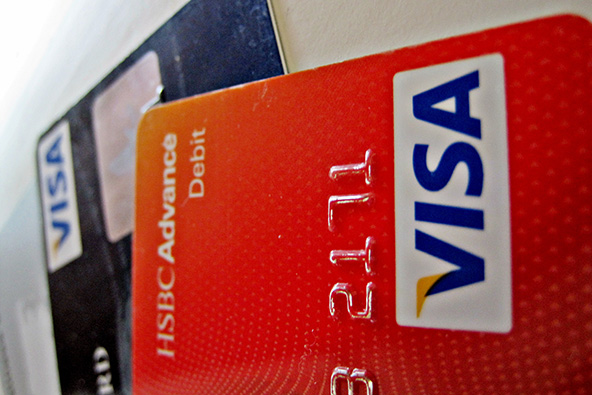The Basics You Need to Know about Visa’s Check Acceptance Service

Visa maintains a service — the Check Acceptance Service — that, as the name suggests, facilitates check payments. It enables U.S. merchants to route check approval requests through Visa’s payment system — VisaNet — to participating check acceptance vendors.
In this post I will review the basics of Visa’s Check Acceptance Service.
What Is Visa’s Check Acceptance Service
The Check Acceptance Service enables U.S. payment processors to route check approval requests through VisaNet from a merchant to a participating check acceptance vendor. The service is optional for processors.
There are five check acceptance vendors: Equifax Card Services, ETC Scan, JBS / NPC, State Street Bank, and TeleCheck. These companies guarantee payment of the customer’s check if the check is approved and assume responsibility for collection if the check is returned.
How the Check Acceptance Service Works
Here is the Check Acceptance Service flow:
- The process begins with a customer presenting a check for payment at a participating merchant.
- The merchant sends the check information to its processor through a point-of-sale (POS) terminal that scans the bank account and customer information from the check. The merchant then keys into the terminal the amount of the check.
- The processor initiates a check acceptance request based on the information provided by the merchant and routes it to a check acceptance vendor.
- The vendor returns an acceptance or a denial response to the merchant through the same path.
- The processor collects the funds by routing the check information through a separate clearing process. If a check acceptance vendor approves a check that is subsequently not paid, the vendor bears the liability.
Once initiated, check acceptance transactions cannot be reversed.
Check Acceptance Service Messages
The following messages are used by the Check Acceptance Service:
- 0100: Authorization Request. This message code designates a request to confirm the availability of funds and to verify the payee’s identity. It is used for check acceptance transactions when the processor has an agreement with one of the check vendors. The 0100 message requests that the vendor guarantees the customer’s check. The check amount is then collected through a standard check-clearing process.
- 0110: Authorization Response. This message code designates a response to a 0100 message. The 0110 response includes the check authorization information from the vendor. If applicable, it will include the vendor’s error reason code in Field 48 – Additional Data – Private.
The Takeaway
I think that the most important thing to take away from this article is that, if a check is approved, you (the merchant) are entitled to get paid. If the check ends up bouncing, the liability is borne by the check acceptance vendor who is responsible for collecting the unpaid amount.
Typically, check acceptance and credit card processing are provided by the same company. If you do need to accept checks, make sure that, when selecting a processor, you carefully evaluate both services and pricing proposals. Don’t take the check acceptance for granted, as for many processors it is only a secondary priority and the service may not be up to scratch.
Image credit: Onepoint.de.


